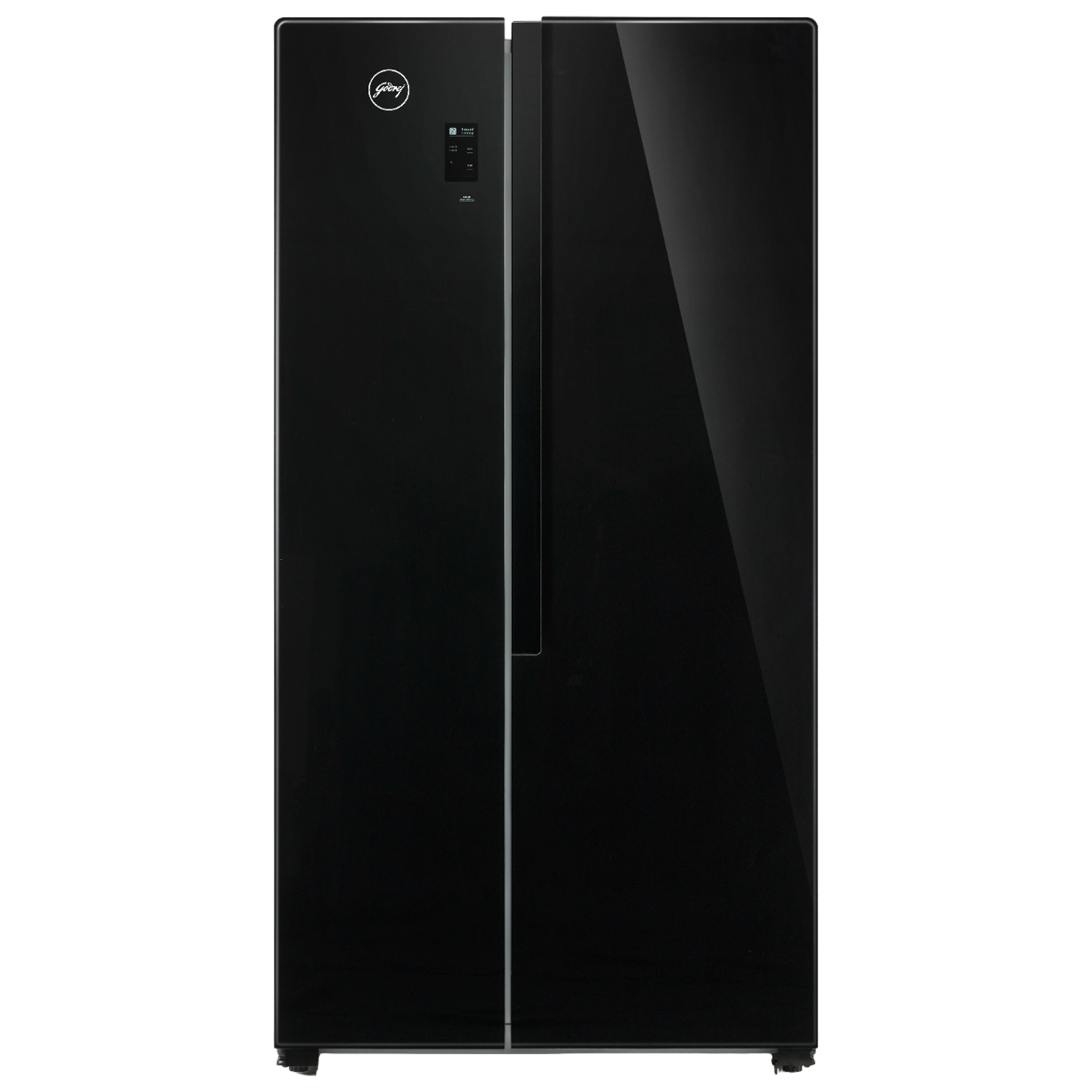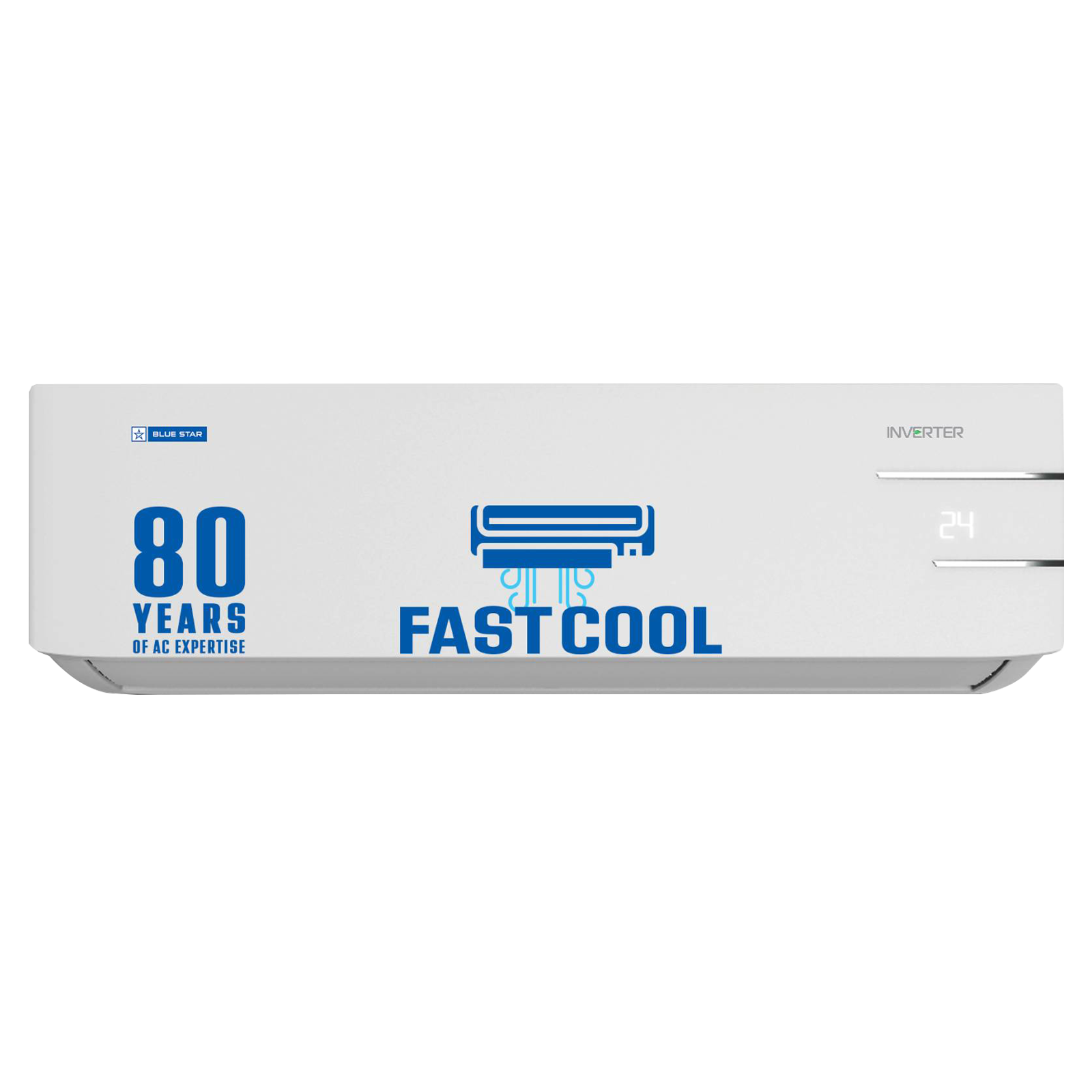One of the most impactful ways to reduce your carbon footprint and save money in the long run is by upgrading to energy-efficient home appliances. These appliances are designed to consume less energy while delivering the same or even better performance than their traditional counterparts. Read ahead to know why you should consider making this switch and how you can get started on your journey towards a more energy-efficient home.
Environmental impact of energy-efficient appliances
The foremost reason to consider upgrading to energy-efficient home appliances is the positive impact on the environment. Traditional appliances consume more energy, which often comes from non-renewable sources such as coal and natural gas. This energy consumption contributes to greenhouse gas emissions, leading to global warming and climate change. By switching to energy-efficient appliances, you reduce your carbon footprint, as these appliances use less energy to perform the same tasks.
ALSO READ: BEE star ratings: What are they and why should you know about them
Energy-efficient appliances are designed to meet stringent energy consumption standards, often marked with certifications like Energy Star. These certifications ensure that the appliance has met or exceeded energy efficiency guidelines set by regulatory bodies. For instance, an energy-efficient refrigerator uses up to 40% less energy than conventional models. This reduction in energy use translates directly into fewer fossil fuels burned and less CO2 emitted into the atmosphere.
Financial savings over time
While energy-efficient appliances might have a higher upfront cost compared to traditional models, they offer substantial savings in the long run. These savings come in the form of reduced energy bills. For example, switching to an energy-efficient washing machine can save you around Rs 5,000 annually on electricity bills. Similarly, energy-efficient light bulbs consume 75% less energy and last up to 25 times longer than traditional incandescent bulbs, leading to significant cost savings over their lifespan.
Moreover, many governments and utility companies offer rebates and incentives for purchasing energy-efficient appliances. These incentives can offset the initial purchase cost, making the transition more affordable. Over time, the cumulative savings from lower energy bills and longer-lasting appliances will surpass the initial investment, providing a compelling financial reason to upgrade.
Improved performance and features
Energy-efficient appliances are not just about saving energy and money; they also come with advanced features and improved performance. Modern energy-efficient appliances often include smart technology, allowing you to control and monitor them remotely via smartphone apps. This feature not only provides convenience but also helps optimise energy use.
For instance, smart thermostats learn your heating and cooling preferences and adjust settings automatically to maximise energy savings. Energy-efficient washing machines come with sensors that adjust water usage based on the load size, ensuring optimal performance without wasting resources. These enhanced functionalities improve the overall user experience while contributing to energy conservation.
Enhancing home value and marketability
Investing in energy-efficient appliances can increase the value of your home. As more homebuyers become environmentally conscious, properties equipped with energy-efficient features are in higher demand. Energy-efficient appliances are often seen as modern and responsible upgrades that appeal to prospective buyers.
ALSO READ: Refrigerator star ratings: Are they worth it?
Real estate agents often highlight the presence of energy-efficient appliances as a selling point, knowing that these features can be a deciding factor for many buyers. Additionally, homes with lower utility costs are more attractive, as they promise long-term savings. By upgrading to energy-efficient appliances, you not only enjoy immediate benefits but also boost your home’s marketability.
Starting with energy-efficient upgrades
Transitioning to energy-efficient appliances may seem daunting, but it doesn’t have to be. Here are some practical steps to get started:
Assess your current appliances
Begin by evaluating the energy efficiency of your existing appliances. Look for the energy rating label, which typically ranges from A+++ (most efficient) to D (least efficient). Identify appliances with lower ratings as potential candidates for replacement.
Prioritise replacements
Consider replacing appliances that consume the most energy, such as refrigerators, washing machines, dryers, and air conditioners. These appliances have a significant impact on your overall energy consumption, so upgrading them can yield substantial savings.
Research and compare
Before making a purchase, thoroughly research different brands and models. Compare their energy efficiency ratings, features, and prices. Read online reviews and seek recommendations from experts or friends who have already made the switch.
Look for energy star certification
The Energy Star label is a reliable indicator of energy efficiency. Appliances with this certification meet strict energy-saving standards set by the government. Prioritise models with this label to ensure you’re making an informed choice.
Consider long-term costs
While the upfront cost is important, also factor in the long-term operating costs. Calculate the estimated energy savings over the appliance’s lifespan to get a clearer picture of its overall value.
Don’t forget maintenance
Regular maintenance is crucial for ensuring the optimal performance and longevity of your energy-efficient appliances. Follow the manufacturer’s instructions for cleaning and servicing to keep them running efficiently.
Small changes matter
Apart from major appliances, consider making smaller changes as well. Replace incandescent light bulbs with energy-efficient LEDs, unplug electronics when not in use, and use smart power strips to reduce standby power consumption.
ALSO READ: Star ratings on air conditioners: What they mean
Upgrading to energy-efficient home appliances is a smart decision that benefits both the environment and your finances. By reducing energy consumption, you contribute to the fight against climate change and lower your household’s carbon footprint. Additionally, the long-term financial savings and improved performance of energy-efficient appliances make them a worthwhile investment.
Starting with high-impact appliances and taking advantage of available incentives can make the transition smoother and more affordable. Embrace the change today and enjoy the numerous benefits that come with energy-efficient living.
Unleash your inner geek with Croma Unboxed
Subscribe now to stay ahead with the latest articles and updates
You are almost there
Enter your details to subscribe

Happiness unboxed!
Thank you for subscribing to our blog.
Disclaimer: This post as well as the layout and design on this website are protected under Indian intellectual property laws, including the Copyright Act, 1957 and the Trade Marks Act, 1999 and is the property of Infiniti Retail Limited (Croma). Using, copying (in full or in part), adapting or altering this post or any other material from Croma’s website is expressly prohibited without prior written permission from Croma. For permission to use the content on the Croma’s website, please connect on contactunboxed@croma.com
- Related articles
- Popular articles














Anvinraj Valiyathara
Comments